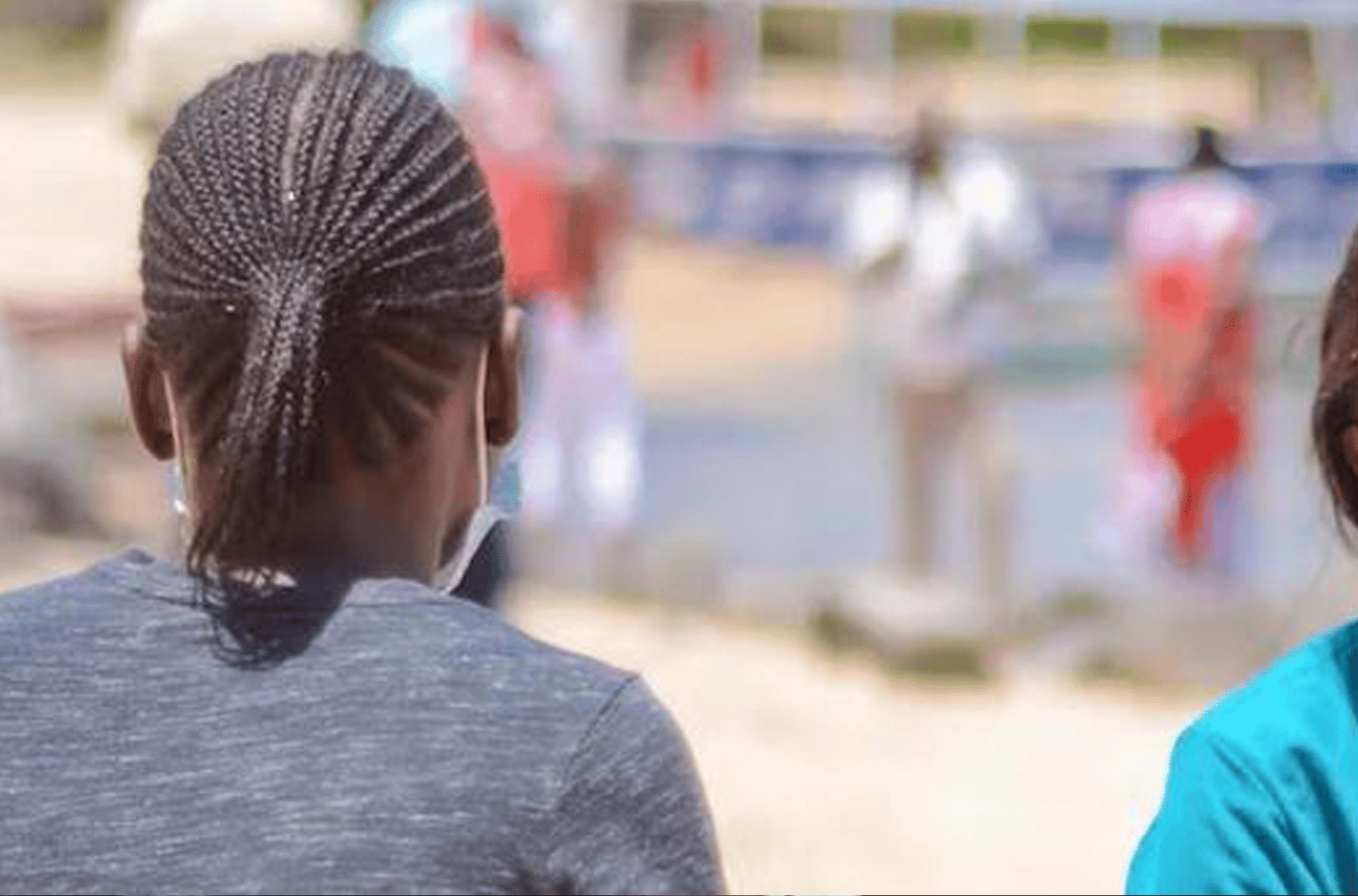
Recent research shows that many girls and young women do not search for medical safety when seeking abortion care. They prioritise “social safety” regardless of where they live and what the law is. Their priority is avoiding prosecution and social stigma. Their need for secrecy is one of the reasons why they continue to use unsafe abortion methods. Social safety includes women’s emotional and economic well-being, social status, reputation, and relationships. In the context of abortion, it means being able to find an affordable provider, conceal the abortion and be protected from law enforcers.A six-month study by the African Population & Health Research Centre in Kenya and Benin, in collaboration with Rutgers NL, found that the rate of unintended pregnancies and medically unsafe abortions among girls and young women is high even though they knew about safe methods. Social safety was only attained when the abortion was achieved discreetly. This was impossible if seeking a safe method. Many tried traditional methods first, which often led to complications (in 50% of cases in Benin and 30% in Kenya). Moreover, inequalities in digital access, gender, social class and literacy stand in the way of abortion self-care access for many poor girls and women. For them, abortion self-care is not yet the solution. The researchers call for user-centred services and access to intermediaries such as helplines that can provide information about safe abortion.SOURCE: The Conversation, by Ramatou Ouedraogo, Grace Kimemia, Jonna Both, 27 September 2022



